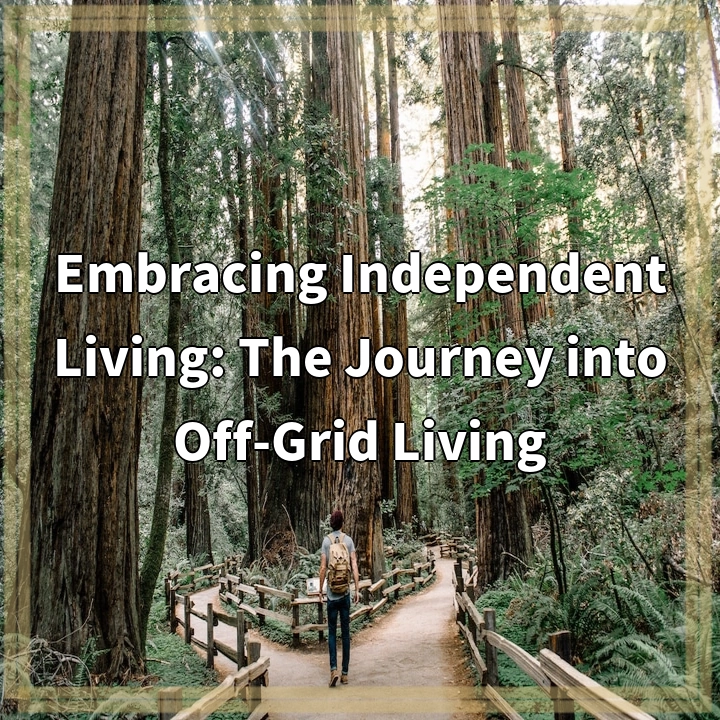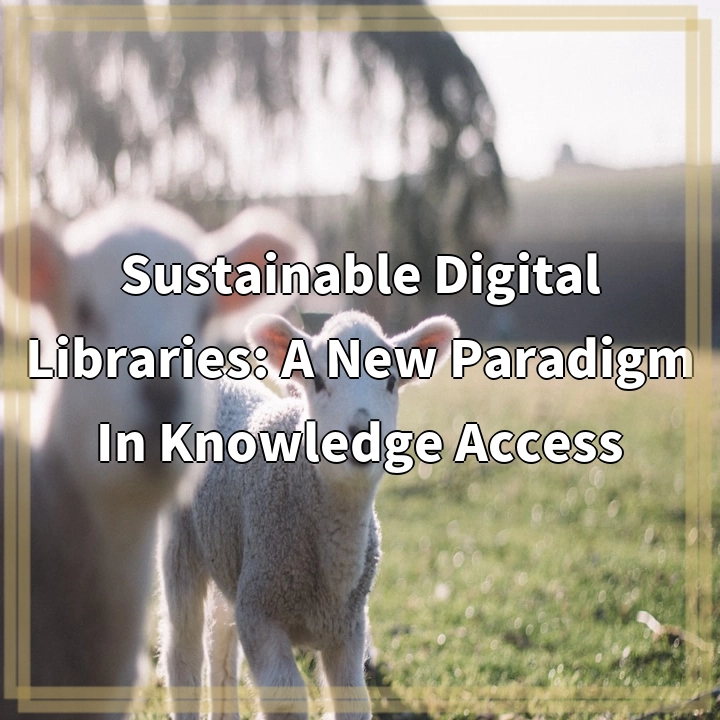
What is Off-Grid Living?
Off-grid living refers to a lifestyle in which individuals or communities live independently from public utilities and infrastructure. This means obtaining their own electricity, water, and waste management systems. Off-grid living often involves generating power through renewable energy sources like solar panels or wind turbines, collecting rainwater for consumption, and employing various sustainable practices to reduce environmental impact.
Real-World Problems Associated with Off-Grid Living
While embracing off-grid living offers many benefits, it also comes with its own set of challenges and considerations.
1. Energy Dependency
One of the main challenges of off-grid living is the need for a reliable and sustainable energy source. Relying solely on renewable energy can be problematic, especially in areas with limited sunlight or inconsistent wind patterns. This means careful planning and investment in efficient energy storage and backup systems are essential.
2. Water Management
Off-grid living often involves water self-sufficiency, relying on rainwater collection, wells, or natural water sources. However, managing water usage and ensuring a consistent and clean water supply can be challenging, particularly in regions with unpredictable rainfall or water scarcity. Proper water storage, filtration, and conservation systems are necessary for sustainable off-grid living.
3. Waste Disposal
Off-grid living requires careful consideration of waste management. For those living in remote areas, accessing traditional waste disposal services may not be feasible. Implementing composting systems, recycling initiatives, and responsible waste disposal practices are crucial to minimize environmental impact and maintain a clean and healthy living environment.
4. Access to Resources
Living off-grid often means being far from urban centers and mainstream resources. This can pose challenges in terms of obtaining necessary supplies, accessing medical facilities, or receiving emergency assistance. Maintaining a well-stocked and self-sufficient lifestyle, as well as building connections with local communities, becomes paramount in overcoming these obstacles.
5. Adaptation and Resilience
Living off-grid requires adaptability and resilience to handle unexpected situations and changes in environmental conditions. Whether it be extreme weather events, equipment failures, or managing seasonal variations, off-grid living necessitates being prepared for the unexpected and having backup plans in place.
Embracing independent living through off-grid living offers numerous advantages in terms of sustainability, self-sufficiency, and reduced environmental impact. However, it is important to be aware of the challenges that come with it and to develop informed strategies to tackle these real-world problems. With careful planning, resourcefulness, and a commitment to sustainable practices, off-grid living can be a fulfilling and rewarding lifestyle choice.

Solutions for Off-Grid Living Challenges
1. Diversify Energy Sources
To overcome energy dependency challenges, off-grid dwellers can invest in a combination of renewable energy sources such as solar, wind, and hydro power. Implementing efficient energy storage systems and backup generators can provide consistent power supply during periods of low renewable energy generation.
2. Efficient Water Management
Off-grid individuals can maximize water self-sufficiency by implementing rainwater harvesting systems, using efficient water fixtures, and practicing water conservation. Additionally, exploring innovative water technologies like atmospheric water generators can help overcome water scarcity issues.
3. Responsible Waste Disposal
Off-grid living requires a proactive approach to waste management. Composting systems, recycling initiatives, and investing in eco-friendly waste disposal methods such as incineration toilets or septic systems can minimize environmental impact and maintain a clean living environment.
4. Resourcefulness and Preparedness
To tackle limited access to mainstream resources, off-grid enthusiasts can develop self-reliant skills like food preservation, basic medical training, and emergency response planning. Building relationships with local communities and joining off-grid networks can also provide support and access to shared resources.
5. Adaptability and Continuous Learning
Off-grid living requires flexibility and adaptability to handle unexpected challenges. Regularly updating knowledge on sustainable practices, staying informed about technological advancements, and having alternative plans in place for power outages or equipment failures can help maintain resilience in the face of changing circumstances.
By implementing these solutions, off-grid individuals can overcome the challenges associated with independent living. With a proactive and sustainable approach, off-grid living can be a fulfilling and empowering lifestyle choice that promotes self-sufficiency, environmental stewardship, and resilience.















